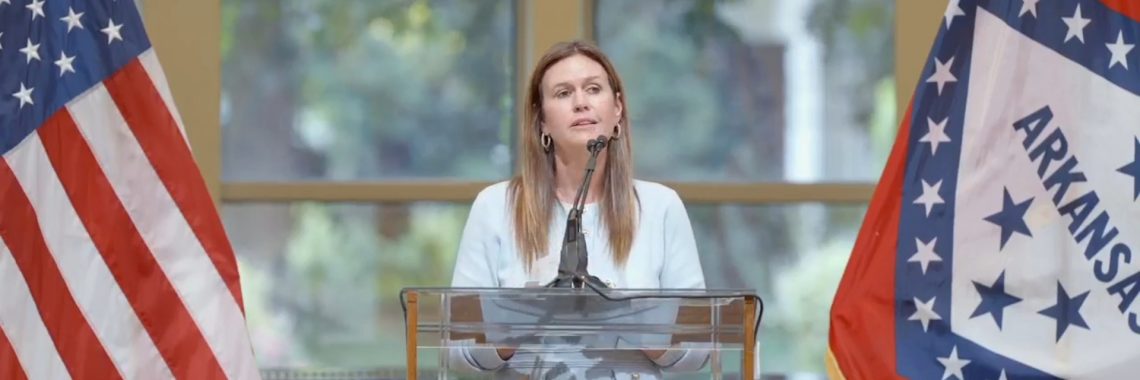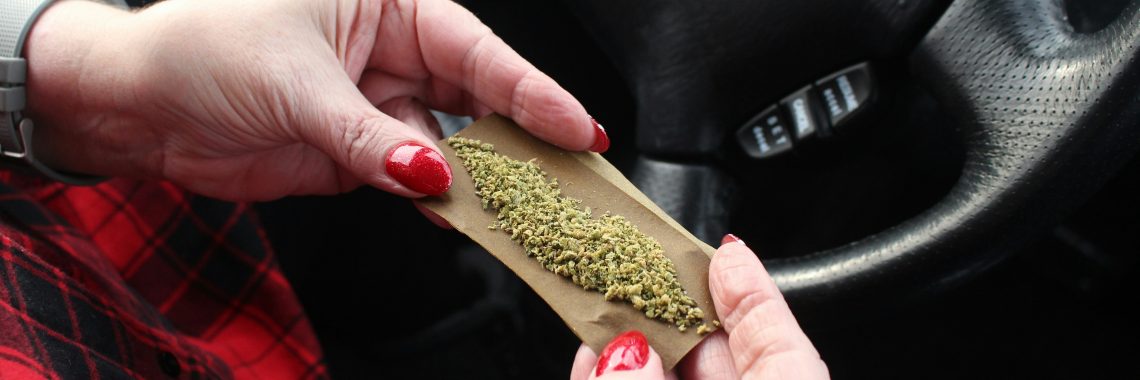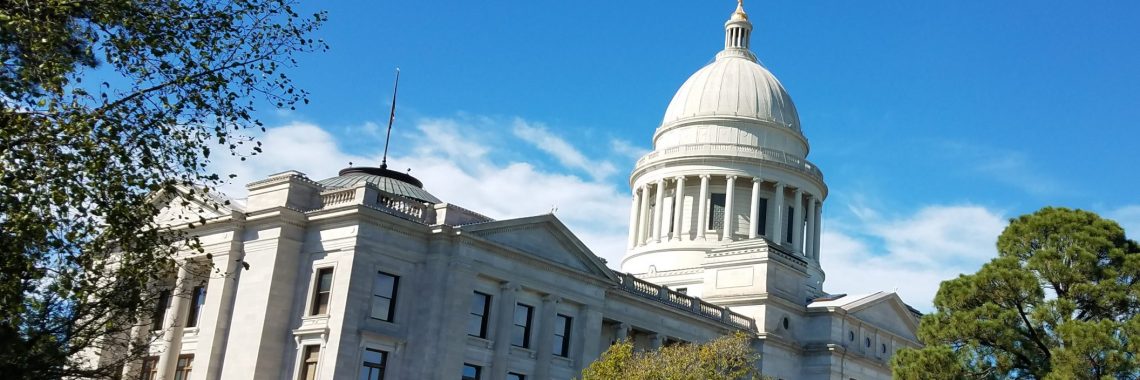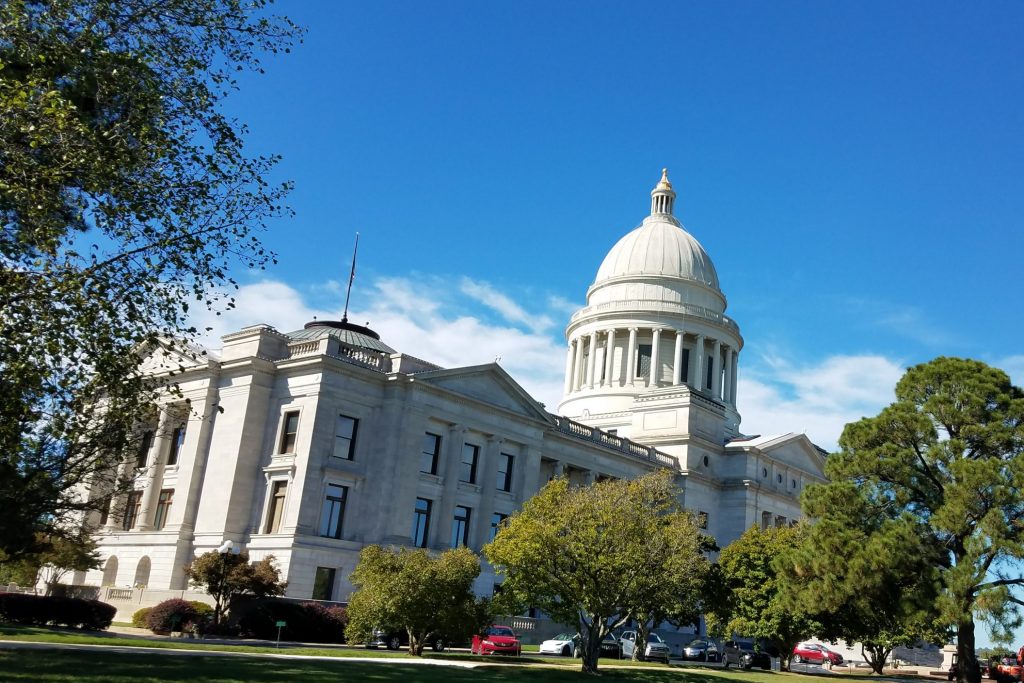Governor Invites Churches, Faith Leaders to Participate in Pilot Program to Address Poverty in Arkansas
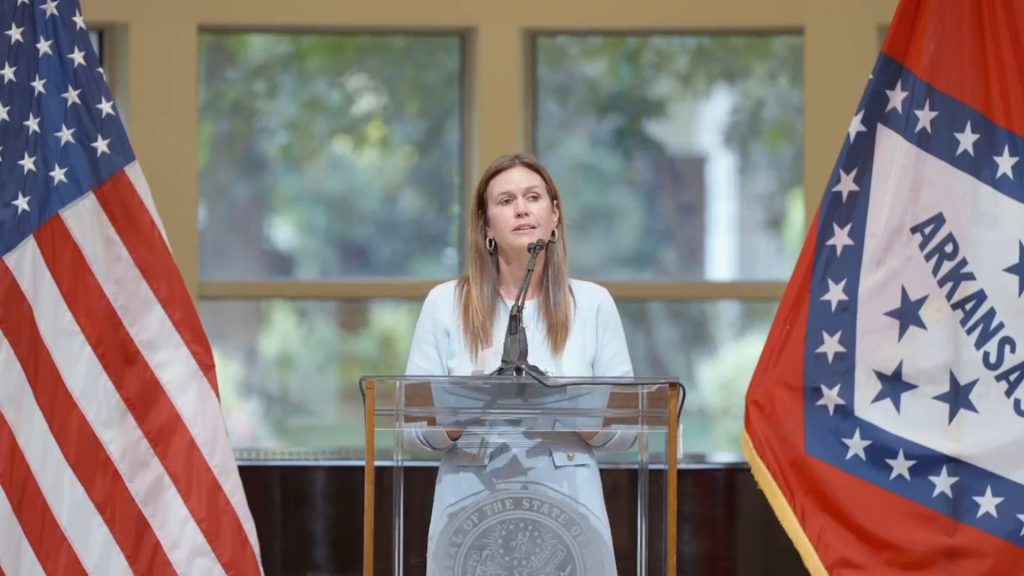
On Monday, Governor Sanders announced a pilot program that will partner with Arkansas’ faith and business communities to address poverty and other challenges in Arkansas.
The 10:33 Initiative by Governor Sanders’ Office of Faith-Based Initiatives is designed to “lift Arkansans out of poverty and improve their long-term self-sufficiency by connecting them with faith and community partners who can meet their immediate needs and help guide them toward a prosperous future.”
The name is taken from Jesus’ parable of the Good Samaritan in Luke 10:33.
The 10:33 Initiative will start with a 12-month pilot program in Pulaski, Union, and Pope counties.
The initiative will utilize Restore Hope’s HopeHub, which is a data-sharing platform that connects people in need of assistance with faith and community partners who can help meet those needs. The program will also help meet long-term goals like connecting people with job opportunities, training, and career guidance.
In a statement, Governor Sanders called the 10:33 Initiative “a groundbreaking project carefully curated to give Arkansans a hand up, not a handout.”
We have written many times how Americans often do not fully appreciate how much churches do for their communities. Nationwide, researchers estimate that churches, ministries, and religious charities provide hundreds of billions of dollars worth of services every year. We are glad Governor Sanders recognizes that churches and faith leaders are a resource that can help address many of the problems our communities face.
Arkansans interested in knowing more about the 10:33 Initiative can contact Morgan Warbington at the Governor’s Office of Faith-Based Initiatives by emailing morgan.warbington@governor.arkansas.gov.
A one-page informational flyer about the 10:33 Initiative is also available here.
Articles appearing on this website are written with the aid of Family Council’s researchers and writers.

